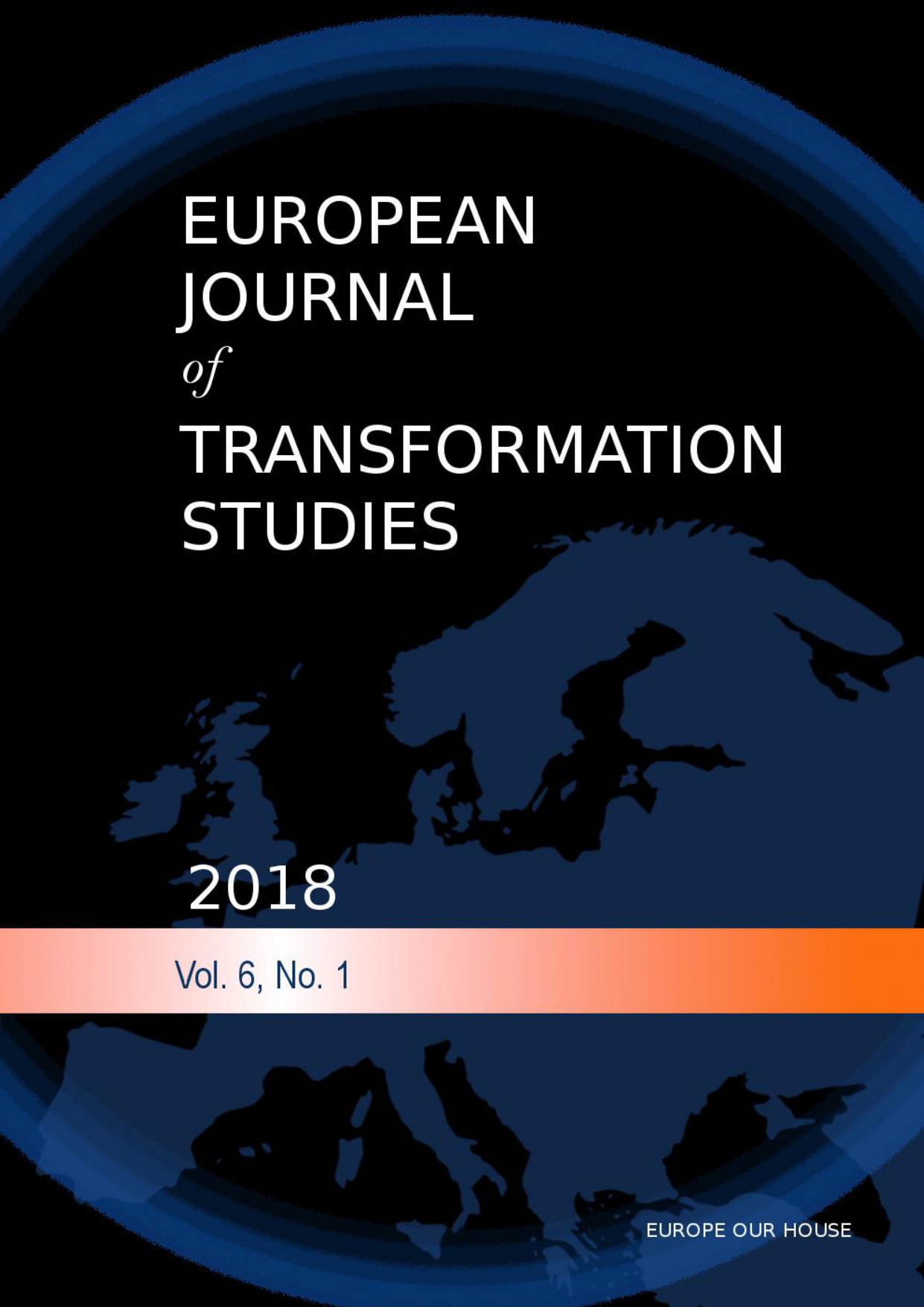Political knowledge as the basis for building mutual relations in the international arena. The cas of Poland and Azerbaijan
Keywords:
political knowledge, political competence, Poland, AzerbaijanAbstract
Knowledge of politics is the basic determinant of political civic competences. In the contemporary world, citizens do not know a lot about politics, which affects their decisions, e.g. when voting in elections. The acquisition of political knowledge shapes political thinking, based on a specific set of views, which make up the so-called mind map or mind model.
The aim of our research is to identify the influence of political knowledge on the quality of Polish-Azerbaijani relations. The study was carried out between October 2017 and March 2018 and is one of the outcomes of our research internship at Baku Slavic University.
The research shows that the respondents agree only on a few specific issues, such as trust in politicians or the importance of family in life, but demonstrate considerable differences when it comes to basic knowledge of their partner country and in their attitude to tradition or gender roles. Therefore, the incompatibility of answers in this sphere makes it very difficult to build good social and political relations between Azerbaijan and Poland.
Downloads
References
Bennett, S. E. (1988). Know-Nothings revisited: The Meaning of Political Ignorance Today. Social Science Quarterly, 69, p. 478.
Caplan, B. (2017). Mit racjonalnego wyborcy. Wrocław: Fijorr Publishing.
Carpini, D., Keeter, M. X. S. (1993). Measuring Political Knowledge: Putting First Things First. American Journal of Political Science, 37, p. 1180.
Cześnik, M., Markowski, R., Kwiatkowska, A. (2016, 26 April). Między nami ignorantami. Polityka.
Dahl, R. (1999). Demokracja i jej krytycy. Kraków, p. 39.
Godlewski, T. (2009). Obywatelskie kompetencje polityczne. [in:] D. Plecka (red.), Demokracja w Polsce po 2005 roku. Toruń: Wydawnictwo Adam Marszałek, p. 101.
Habermas, J. (2005). Faktyczność i obowiązywanie. Teoria dyskursu wobec zagadnień prawa i demokratycznego państwa prawnego. Warsaw: Wydawnictwo Naukowe „Scholar”, pp. 521–547.
Held, D. (2010). Modele demokracji. Kraków: Wydawnictwo Uniwersytetu Jagiellońskiego, pp. 301–312.
Karwat, M. (2012). O karykaturze polityki. Warszawa: Warszawskie Wydawnictwo Literackie „Muza”, p. 112.
Król, M. (2015). Pora na demokrację. Kraków: Znak, p. 113.
Lalman, D., Oppenhaimer, J., Świstak, D. (1994). Formalna teoria wyboru racjonalnego. Kumulatywne nauki polityczne. Studia Socjologiczne, 3/4, p. 124.
Marszałek-Kawa, J. (2016). The Institutional Position and Functions of the Sejm of the Republic of Poland after the Accession to the European Union. Toruń: Wydawnictwo Adam Marszałek.
Modrzejewski, A., (2011). Metodologiczne i filozoficzne podstawy politologii. Zarys wykładu. Gdańsk-Elbląg Oficyna „Oko”.
Oakeshott, M. (1999). Racjonalizm w polityce. [in:] M. Oakeshott, Wieża Babel i inne eseje. Warszawa: Fundacja „Aletheia”, s. 68.
Plecka, D., Turska-Kawa, A., Wojtasik, W. (2013). Obywatelskie kompetencje polityczne. Kultura i Edukacja, 3, pp. 50–73.
Raciborski, J. (2011). Obywatelstwo w perspektywie socjologicznej. Warszawa: Wydawnictwo Naukowe PWN, p. 199.
Reykowski, J. (2002). Myślenie polityczne. W: K. Skarżyńska (red.), Podstawy psychologii politycznej. Poznań: Zysk i S-ka, pp. 110–138.
Rosanvallon, P. (2011). Kontrdemokracja. Polityka w dobie nieufności. Wrocław: Wydawnictwo Naukowe Dolnośląskiej Szkoły Wyższej, pp. 181–221.
Schumpeter, J. (2009). Kapitalizm, socjalizm, demokracja. Warszawa: Wydawnictwo Naukowe PWN, p. 327.
Theiss-Morse, E. (1993). Conceptualizations of Good Citizenship and Political Participation. Political Behavior, 15, pp. 355–380.
Turska-Kawa, A. (2015). Determinanty chwiejności wyborczej, Katowice: Wydawnictwo Uniwersytetu Śląskiego, p. 234.
White, R. W. (1959). Motivation Reconsidered. The Concept of Competence. Psychological Review, 6(2), pp. 297–333.
Żerkowska-Balas, M., Cześnik, M., Zaremba, M. (2017). Dynamika wiedzy politycznej Polaków. Studia Socjologiczne, 3, pp. 12–14.

 Academic Scientific Journals
Academic Scientific Journals



